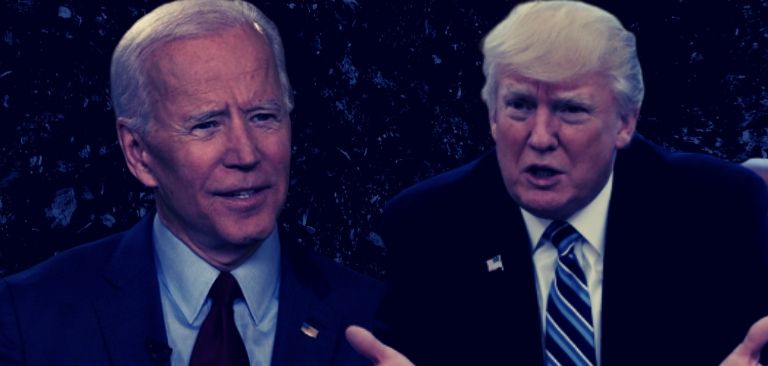Was the true purpose of Section 230 of the US Communications Decency Act (CDA) designed to allow tech companies, especially those running social platforms, to let third-party content flourish – or give themselves an easy way to remove that content at will, with or without proper justification? That’s the debate everyone’s having right now, rightly or wrongly.
In either case, according to current law, they seem to be able do it without any legal liability.
Diametrically opposed interpretations of Section 230 are now at the heart of the onslaught against this portion of the CDA from both sides of the US political divide.
Until the recent change of climate around social media platforms and their real or imagined influence on elections, Section 230 had been that rare component of the CDA that was praised across the board as essential for allowing the open internet to exist.
And while conflicting political criticism of Section 230 has been here for a while, we are hearing for the first time that it should not simply be reformed or amended, but scrapped in its entirety.
In fact, presumed Democratic presidential nominee Joe Biden wants Section 230 “revoked, immediately.”
From his interview with the New York Times, we find out Biden’s reasoning: “It should be revoked because it (Facebook) is not merely an internet company. It is propagating falsehoods they know to be false.”
“Revoking” Section 230 – but then replacing it with what? Biden’s “policy”, not entirely surprisingly, doesn’t sound coherent – and when we asked for clarification his campaign was in no mood to provide it.
Over in the Trump camp, they’re not taking lightly to Twitter bowing down to recent pressure to start labeling the US president’s tweets.
According to CNBC, Trump’s response is to make sure the FCC would regulate social media platforms’ right to censor content – while allowing them to continuing enjoying (some?) Section 230 protections.
The age of this legislation is telling as the source of some of its troubles in today’s world: the CDA was passed in 1996. It has been instrumental in allowing social media to grow without being immediately stunted by legal action over any random post or tweet.










